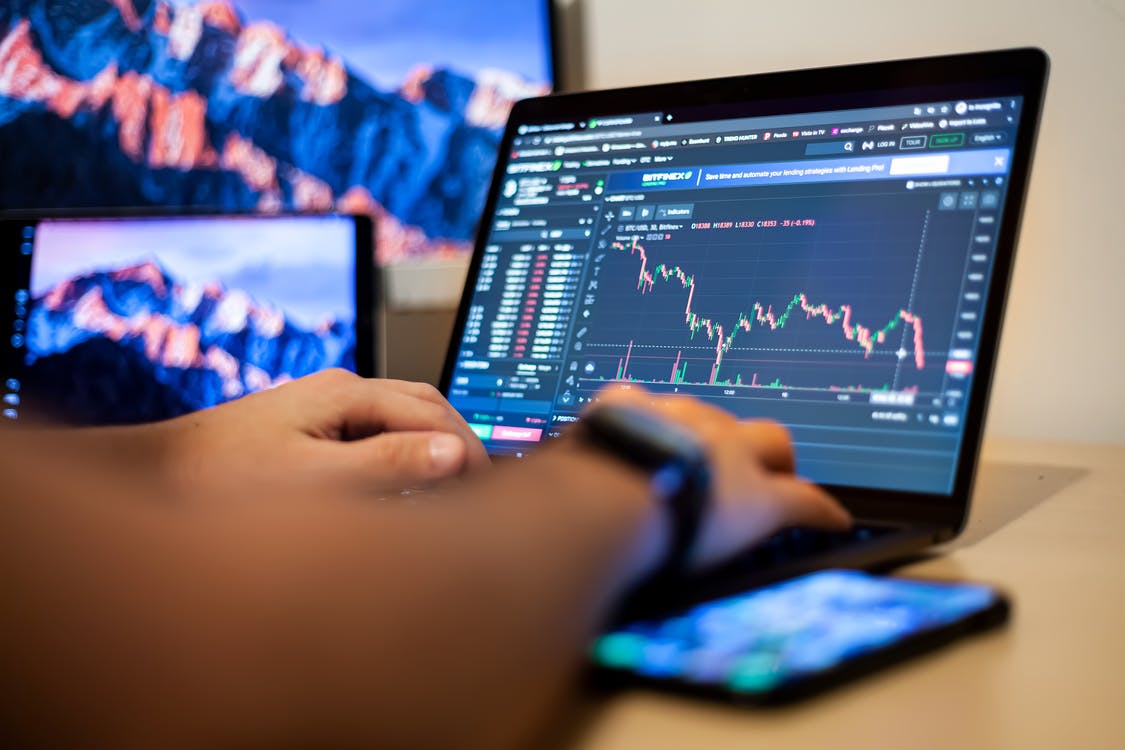The basic trading emotions in Singapore
Trading is often considered a mental game full of ups and downs, sometimes with huge consequences. The feeling of getting rich quickly by buying low only to sell high only lasts momentarily before another bearish or bullish trend comes along.
This can make success seem fruitless, but it’s all about having the right frame of mind when trading. To trade successfully, it is crucial to understand and manage your emotions.
Here are some of the most common trading emotions:
The most common emotions in trading
Several common emotions will likely come into play when trading, like fear, greed and excitement. The emotion that dominates your thought process depends on whether you’re winning or losing in the market at any given moment.
Fear of losing money
This is probably the most common emotion among traders. The fear of losing money often leads to irrational decision-making, such as selling at a loss or not taking a trade that has high-profit potential.
Excitement
Excitement makes people act impulsively and can often lead to bad decisions. Trading is a marathon, not a sprint, so it’s important to manage your emotions accordingly.
Greed and desire for profits
Greed can also lead to poor decision-making. It is easy for traders to get wrapped up in their profits when paying attention to their risk management instead. Not taking defensive action when the market moves against you can lead to significant losses in a short period.
Impatience and frustration
Impatience often leads to poor decision-making as well. Traders who are impatient or frustrated might take trades without much research or preparation, which usually means they do not know what and why they are trading and how risky each trade is.
Overconfidence and arrogance
Overconfident and arrogant traders ignore previous mistakes and continue with their plan – even if it has been proven not to work in the past. They also tend to trade too large and take on too much risk, leading to significant losses.
Stress
Traders who are under stress can often make poor decisions. Stress can lead to tunnel vision and a lack of objectivity. When traders are stressed, they may also be more likely to react emotionally to market events rather than make rational decisions.
How to manage trading emotions
Here are some tools to help you manage your emotions while trading
Self-awareness
The most valuable tool in managing your emotions is self-awareness. If you don’t know what you’re feeling, it’s virtually impossible to manage it. Self-awareness comes from experience and from asking yourself questions about your decisions in the market.
When trading, take a step back and ask yourself how you feel. Are you excited? Then slow your roll and don’t trade impulsively because that will likely lead to losses just as easily as gains. Taking a moment to think before acting helps you avoid being swept up by wild swings in the market, which can take a lot of money out of your wallet very quickly.
Discipline
Always remember to stay disciplined. Don’t let your emotions get the best of you. Always trade with a plan and stick to it.
Mindfulness
Practice mindfulness. Be aware of what’s happening in the present moment, and don’t let yourself be carried away by your thoughts or emotions.
Be positive
Finally, try to develop a positive outlook. Be optimistic about your trades, and don’t dwell on losses.
Final Word
Managing your emotions is key to successful trading. It is essential to be aware of the emotions that you experience while trading and how they affect your decision-making process. Recognising and managing your emotional state will help you control your trading behaviour and improve your chances of achieving profitability in the markets. New traders are advised to use a reputable online broker like Saxo Bank and trade on a demo account before investing their money. For more information check here.

